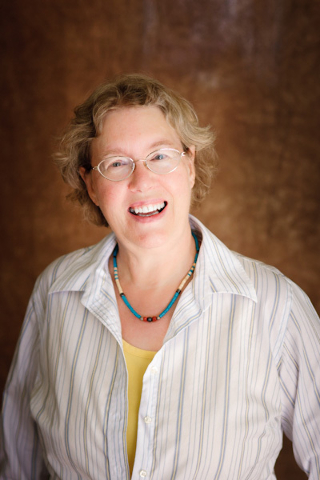Smart meters may not be that smart
When Boulder City announced a few months ago it would be phasing in large increases in utility payments, it did not sit well with citizens, many of whom had moved to Boulder City because of cheaper utility rates.
Boulder City was the town that built Hoover Dam, right? And it was understood by many that the town enjoyed cheaper water and electricity as a benefit of that connection. Not so, it seems. A small group of citizens protested the increases at City Hall.
Some locals now are finding the city didn’t notify them it is gradually phasing in “smart meters.” Where these have been implemented, locals have noticed alarming increases in their utility bills that are unrelated to the proposed rate increases. Some bills have doubled, even tripled in one month despite a household’s usual usage. So what is going on?
What are smart meters? Basically, they are digital devices that record how much electricity a residence or business is using on a periodic basis. This job used to be done (and still is in some areas) by an employee walking the neighborhoods and recording meter readings. Boulder City has been phasing in digital meters and eliminating the older analog meters.
The new meters automatically “read” the electricity usage and send a signal back to the utility office where it is recorded and the usage calculated. An interesting website that offers some of the pros and cons of smart meters is http://abt.cm/2aWM6xn.
According to this site, the benefits of smart meters are to assist utility companies by eliminating manual meter reading, monitor the electric system more quickly and make it possible to use power resources more efficiently. Meters also can provide real-time data for balancing electricity loads and reducing outages.
Other benefits to the company are that smart meters can enable dynamic pricing by raising or lowering the cost of electricity based on demand, avoid the capital expense of building new power plants and help optimize income with existing resources.
On the other hand, smart meters offer more detailed feedback to the consumer on energy use, enabling them to adjust their habits to lower utility bills, and help reduce blackouts and systemwide electric failures. In my opinion these are dubious consumer benefits considering the recent price increases.
There are some major disadvantages to smart meters that consumers should be aware of. These include adjusting to new technology (both by the consumer and the utility company), public acceptance of the meters, managing and storing a vast amount of meter data by the utility company, and ensuring the security of the data.
How do consumers know (or verify) that their new meters are accurate, how can they be assured that their data will be kept confidential and secure, and who pays the additional cost of the new meters? These are some of the questions that city consumers need to know.
Smart meters supposedly are equipped to enable two-way communication between the meter and the monitoring center. However, unless this feature is set up by the utility company, it may not be available.
For example, if a meter is malfunctioning, how are errors corrected? For example, if a customer has solar technology installed and has an agreement to sell back some of the unused energy, smart meters are not currently set up to “run backwards” and credit the household. In some cases, the meters have read the excess electricity as “used” energy and have had that extra usage added to the monthly bill.
What about the health risks from smart meters that use pulsed radio-frequency radiation (microwave technology) to broadcast and receive data? Questions related to the health risks of multiple smart meters in a localized area have not been adequately answered. There does not appear to be an educated, informed local group, city or otherwise, that has answers so that citizens can make informed decisions when offered a smart meter.
Angela Smith is a Ph.D. life coach, author and educator who has been resident in Nevada since 1992. She can be reached at catalyst78@cox.net





